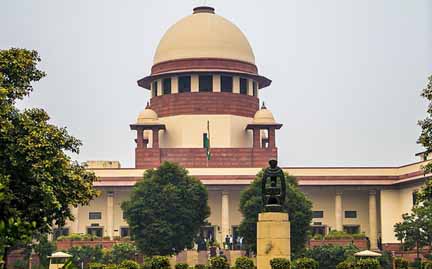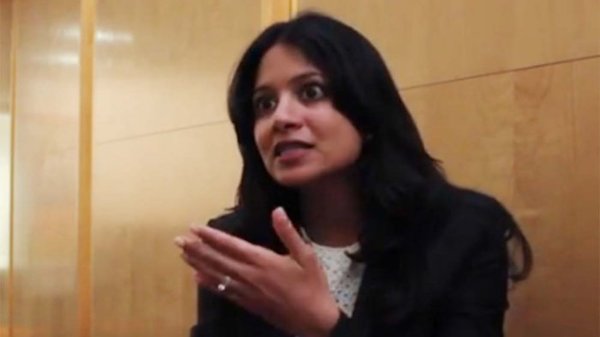
Kolkata (TIP)- Saying that criminal cases pending against members of Parliament and State Legislatures “have a direct bearing on our political democracy”, the Supreme Court on Thursday, Nov 9, asked High Courts to set up special benches to monitor trials in over 5,000 such cases for their speedy disposal.
Issuing a slew of directions to HCs and trial courts for fast-tracking cases against MPs and MLAs, a three-Judge bench led by Chief Justice of India D Y Chandrachud said criminal cases “punishable with death or life imprisonment” should be given priority, followed by “cases punishable with imprisonment for five years or more, and then…other cases”.
The bench, which included Justices J B Pardiwala and Manoj Misra, said the trial should not be adjourned, “except for rare and compelling reasons”.
The SC noted that “as many as 5,175 subject cases (were) pending” against MPs and MLAs “as of November, 2022”. “Of these, cases that are pending for more than five years are as many as 2,116, which is more than 40% of such pendencies,” it said.
The SC was hearing a plea filed by advocate Ashwini Kumar Upadhyay.
“There is a compelling need to make every effort to ensure that these cases are taken up on priority and decided expeditiously. Confidence and trust of the constituency in their political representative, be it an MP or MLA, is necessary for an interactive, efficient and effective functioning of a parliamentary democracy. However, such confidence is difficult to expect when figures, as indicated in the above referred table, loom large in our polity,” the court said.
“In fact, there are no two views about the compelling need to take up and dispose of the subject cases expeditiously. We have no doubt in our mind that even the political representative, be it MP or MLA, involved in the prosecution would also seek a quick disposal of these cases,” it said.
Senior Advocate Vijay Hansaria, amicus curiae in the case, said he was hopeful that fewer persons with criminal records would enter Parliament after the court’s order. “I really hope so,” the CJI responded.
Pointing to “multiple factors” which “influence the early disposal” of cases, the SC said “this, coupled with their dissimilarity from state to state, makes it difficult… to form a uniform or standard guideline for trial courts… to dispose of these cases”.
“We deem it appropriate to leave it to the HC to evolve such methods or apply such a measure that they deem expedient for effective monitoring,” the SC said.
In its directions, the SC asked the HC Chief Justices to register a suo motu case with the title, “In Re designated courts for MPs, MLAs”, and said the case “may be heard by the Chief Justice, or a bench assigned by him”.
“The special bench hearing the suo motu case may list the matter at regular intervals as felt necessary. The HC may issue such orders or directions as necessary for expeditious and effective disposal of the subject cases. The special bench may consider calling upon the advocate general or the public prosecutor to assist the court,” it said.
The HCs “may require the principal district and sessions judge to bear the responsibility of allocating the subject cases to such court or courts as is considered appropriate and effective” and “may call upon the principal district and sessions judge to send the report at such intervals as it considers expedient,” it said. Source: The Indian Express





Be the first to comment